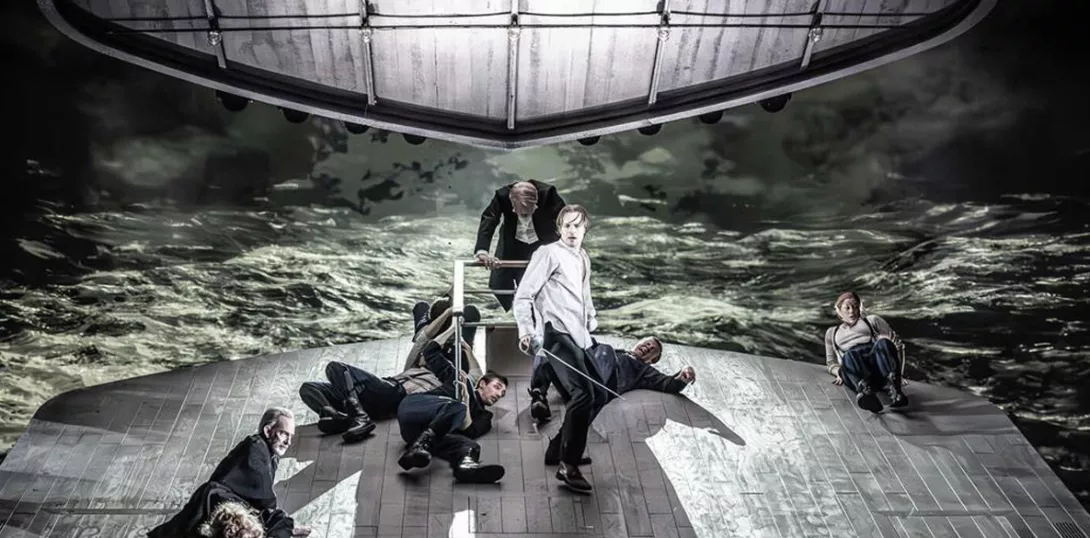GORDON PARSONS is bowled over by a skilfully stripped down and powerfully relevant production of Hamlet
‘I aim for a sound that conjures up vistas of sunrises and wide open landscapes’
CHRIS SEARLE speaks to self-taught tenor saxophonist Nat Birchall
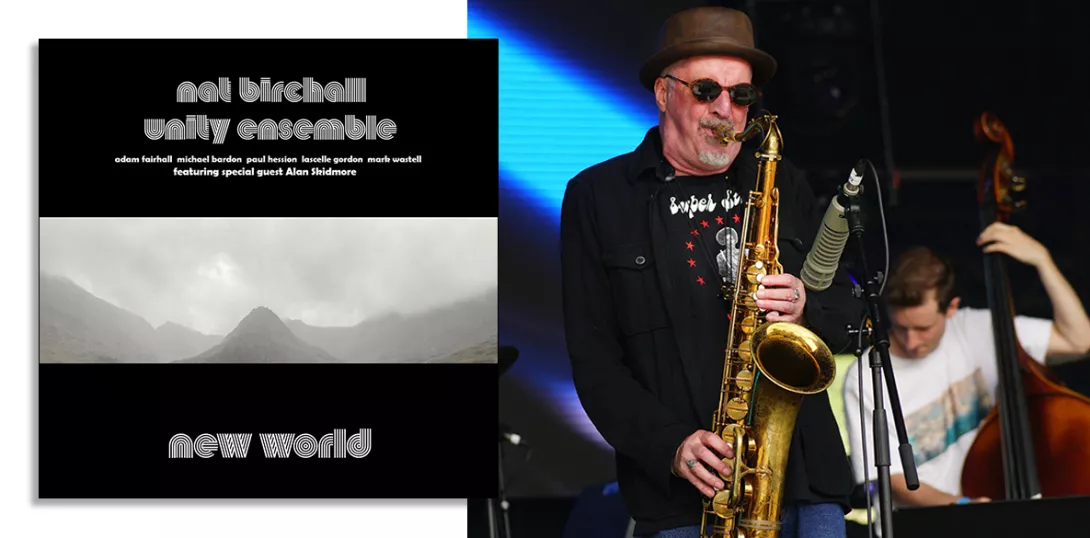
WHEN Chorley, Lancashire-born tenor saxophonist Nat Birchall brought his septet, the Unity Ensemble, to the Cafe Oto in the teeming, cosmopolitan heart of Hackney, it was as if he had brought the ancient majesty and mystery of the Pennines in the beauty of his horn, so much is the rural north of England endemic to his sound.
With fellow Coltrane-loving veteran hornman Alan Skidmore supplementing pianist Adam Fairhall, thunderous drummer Paul Hession, bassist Michael Bardon and percussionists Mark Wastell and Lascelle Gordon, they played live the music on their serene, almost hymnal new album, New World, to hugely receptive London listeners.
More from this author
The phrase “cruel to be kind” comes from Hamlet, but Shakespeare’s Prince didn’t go in for kidnap, explosive punches, and cigarette deprivation. Tam is different.
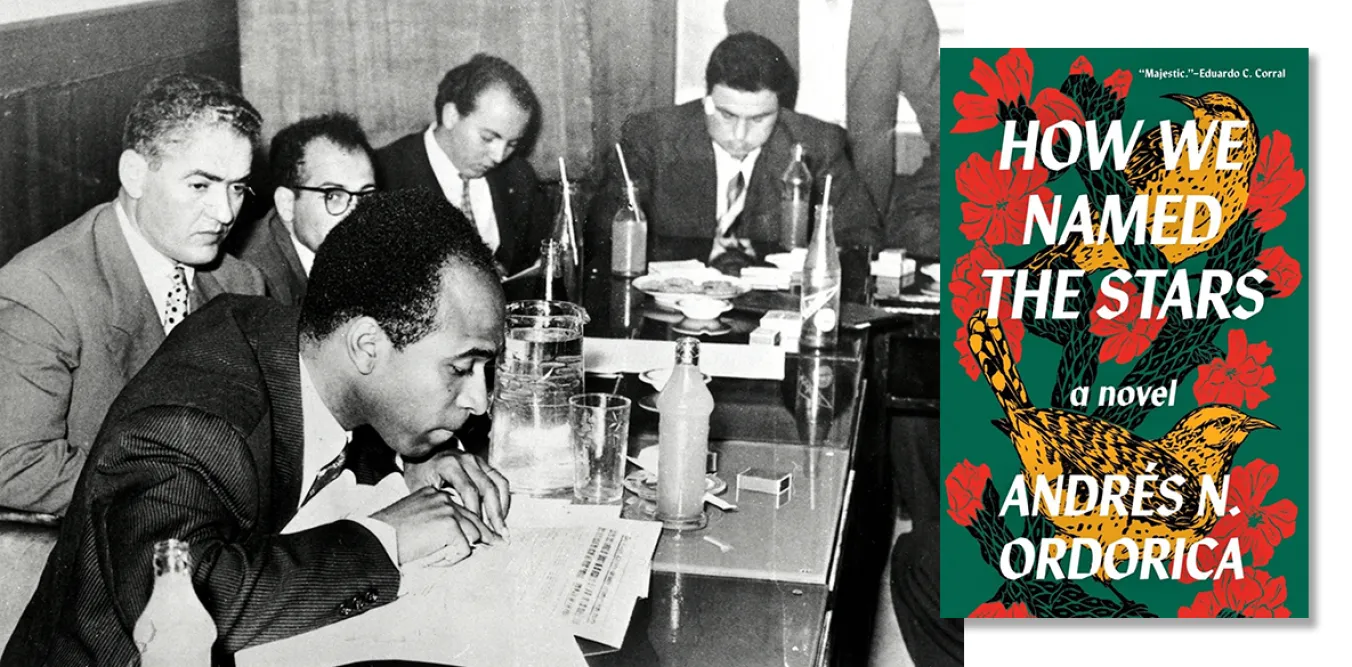
ANGUS REID deconstructs a popular contemporary novel aimed at a ‘queer’ young adult readership

A landmark work of gay ethnography, an avant-garde fusion of folk and modernity, and a chance comment in a great interview

ANGUS REID applauds the inventive stagecraft with which the Lyceum serve up Stevenson’s classic, but misses the deeper themes
Similar stories
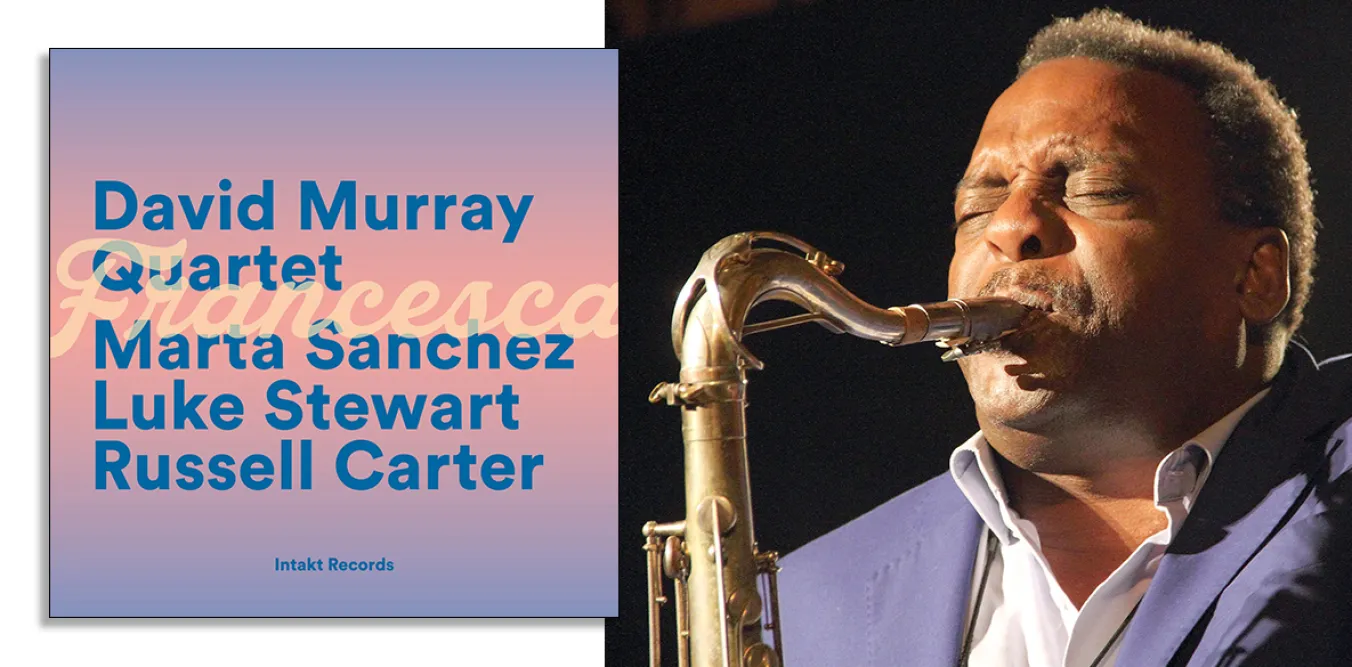
CHRIS SEARLE speaks to renowned US tenor saxophonist DAVID MURRAY
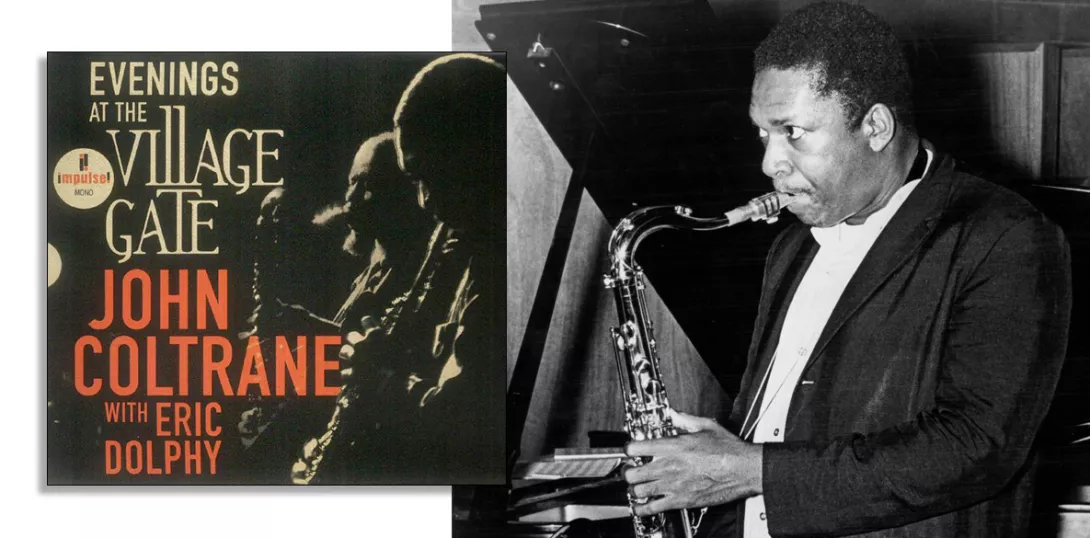
DAVID YEARSLEY celebrates the long-awaited issue of a mythic live recording featuring John Coltrane and Eric Dolphy
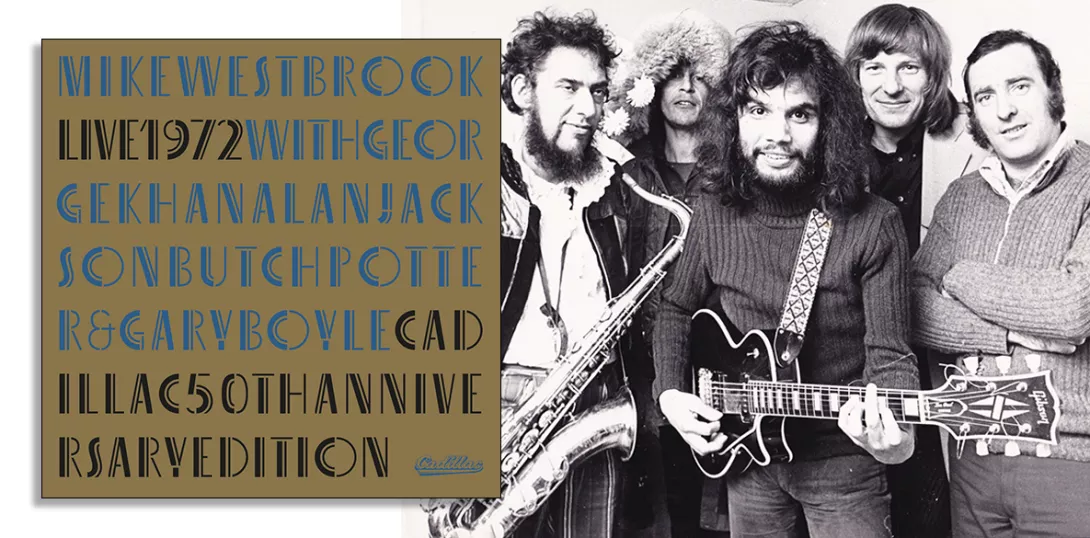
CHRIS SEARLE speaks to guitarist Gary Boyle
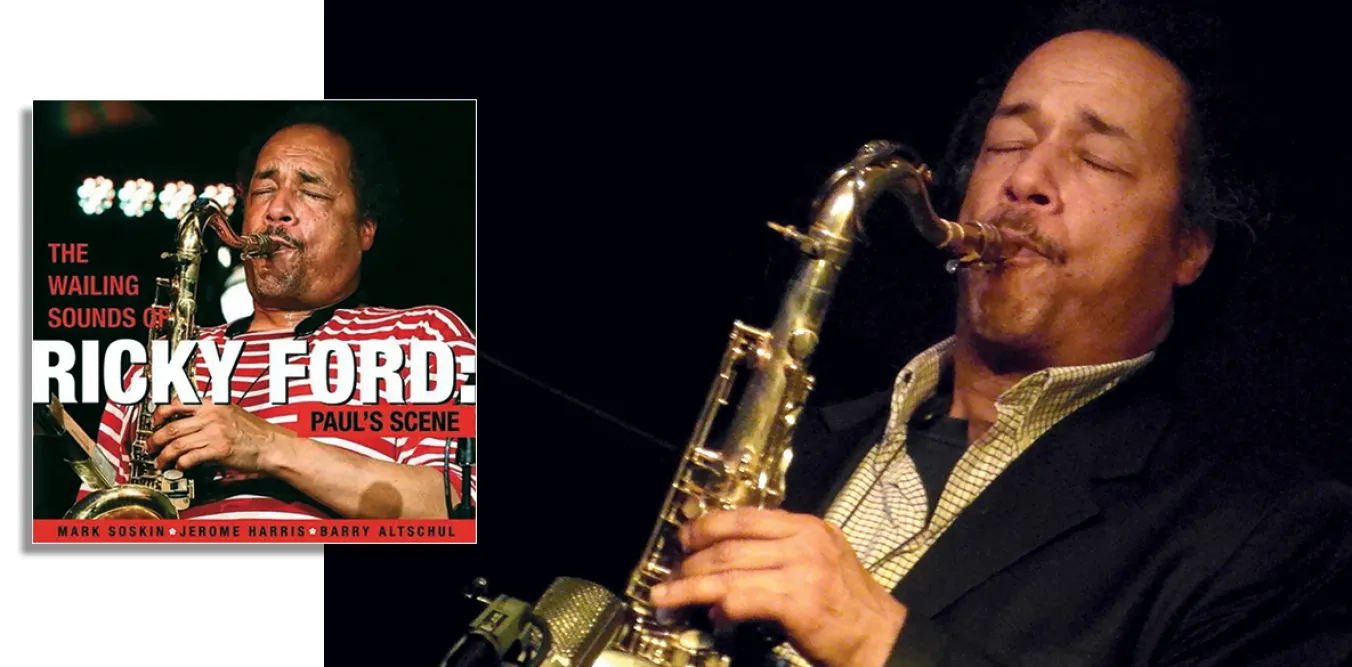
CHRIS SEARLE speaks with veteran tenor saxophonist RICKY FORD


